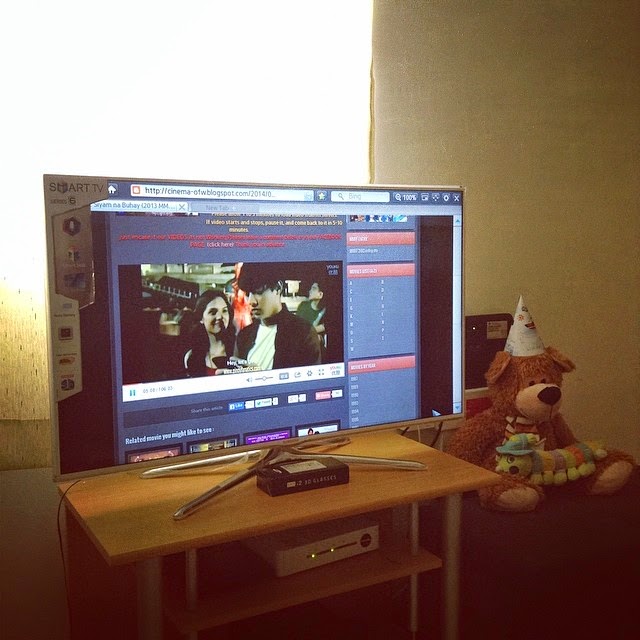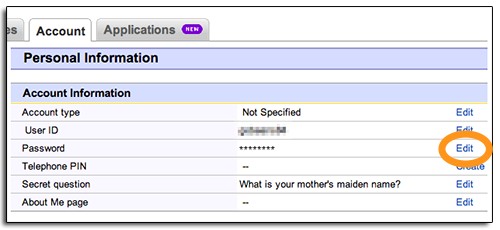Source: Doha News Today
Changes to Qatar’s controversial kafala sponsorship system
could be introduced as early as next week, according to report by
international law firm DLA Piper examining working and living conditions
for low-income expats here.
Many rights groups have been leveraging the fact that Qatar will host the 2022 World Cup as a way of keeping pressure on the government to implement reforms.
The document is not groundbreaking, in that it reads like many other
reports published in recent years by human rights groups who have
studied labor conditions in Qatar.
It echoes Amnesty International, Human Rights Watch and the United Nations,
among others, in calling for major reforms in Qatar. However, several
of DLA Piper’s recommendations, including allowing expats to organize
into unions and setting a minimum wage, have already been discussed and
dismissed by officials here.
Still, because the report was commissioned by the government, it is unclear what kind of an impact it will have on reform.
Proposed changes
The ministries’ key recommendations included refining the exit permit
system – though not abolishing it, as many had hoped – and changes to
the no objection certificate that would theoretically make it easier for
an expat to switch jobs.
At the time of the announcement, it was made clear that these
proposals were a first step and still had a long way to go before they
could become law, as they had to be circulated to the Chamber of
Commerce and approved by the Advisory (Shura) Council.
However, the DLA Piper report suggests that legislation could be
introduced much sooner that expected. In a section in the middle of the
report discussing the government’s proposed system changes, the document
states:
“This reform was submitted to the Council of Ministers on 9 April 2014 and will be effective by the end of May 2014.”
Recommendations
The report also made a number of its own recommendations for
reform, calling for “increased transparency and communication between
the State of Qatar, State of Origin governments, and major actors in
public and private sectors,” which it describes as critical before
implementing any changes.
Proposed changes include:
- Phasing out of the exit visa system;
- Increasing enforcement against employers holding workers’ passports
(which is illegal under Qatar’s labor law), and imposing tougher
penalties on repeat offenders, including heavy fines and blacklisting
for the worst perpetrators; and
- Doing away with the NOC requirement for employees of sponsors who are found to have abused the system.
DLA Piper also recommended that Qatar help tackle recruitment fees
paid by many of Qatar’s migrant workers before coming here. Agents often
charge thousands of dollars to secure work for migrants, putting these
expats heavily in debt before they even arrive to Doha.
Richard Messenger/Flickr
Photo for illustrative purposes only.
While it is illegal to collect recruitment fees inside Qatar, many
workers’ own countries permit this practice. DLA Piper notes this can
“amount to a serious abuse of power which requires prompt attention.”
It called on Qatar to:
- Take a “robust stance” and stop using agencies that charge recruitment fees;
- Establish clearer complaints procedures for workers against their employers;
- Set up a fast-track procedure for major complaints;
- Establish workers’ welfare standards;
- Create a standard form of migrant worker employment contract for use
by all public bodies carrying out construction works, to be monitored
by the Ministry of Labor. These contracts should be translated into a
language the worker understands and the details fully explained to them;
and
- Blacklist contractors and employers who breach health and safety standards.
It also called for the reporting and publishing every six months of
statistics for work-related injuries and deaths, and to establish an
independent, three-year study into migrant worker deaths from cardiac
arrest.
Moreover, it recommended the law on post-mortems be amended to allow for examinations in cases of sudden or unexplained deaths.
It also advised that workers be given freedom of association through
trade unions, and be given rights of representation and be permitted
collective bargaining – a right currently only afforded to Qataris.
Wages
The report recommends introducing a minimum wage and setting a
relevant rate for each level of construction worker. This should be
detailed in the new workers’ contract and be legally binding on all
construction sector employers in Qatar.
It also advises that all workers should be paid electronically by
bank transfer, and this should be monitored by the Qatar Central Bank.
The Cabinet announced in early May that it planned to implement this type of electronic system.
DLA Piper also called for improved workers’ access to justice by
abolishing court fees when filing labor court cases. Additionally, it
suggested the introduction of “an independent monitoring and reporting
body” such as the National Human Rights Committee to conduct an ongoing
review of the recommended reforms.
Business leaders’ opposition
While many expats have expressed disappointment
with Qatar’s proposed kafala changes, saying they don’t go far enough,
several Qatari business leaders have taken the opposite view. They argue
that loosening the exit permit system and NOC requirements could
adversely affect the country’s economy.
Yesterday, The Peninsula
reported that top businessmen and senior officials from the Ministry of
Interior and the Ministry of Labour and Social Affairs met earlier this
week.
The paper quotes prominent businessman, Ali Al Khalaf, who took part in the meeting, as having told local Arabic daily Al Arab:
“I said that if implemented, the changed system would
create confusion in the business community. The changes will have a
negative impact on businesses and the national economy.”




























